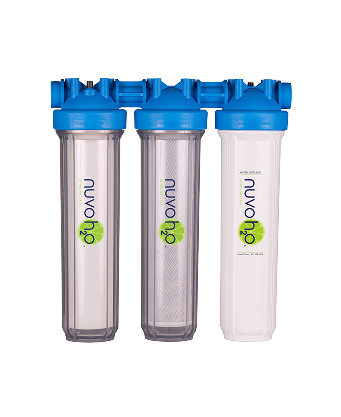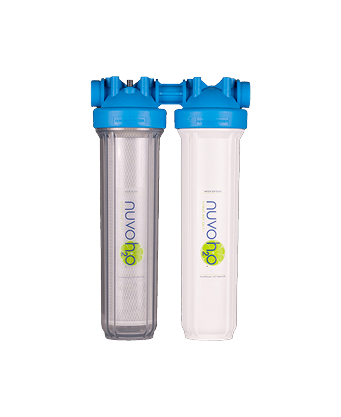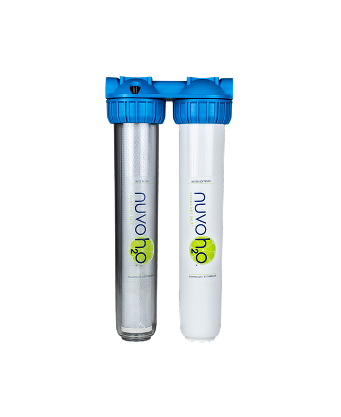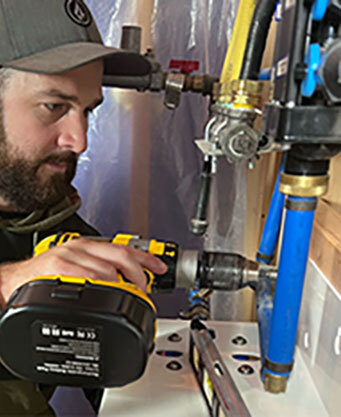
The Hidden Cost of Salt
Posted by Tait Washburn on 16th Aug 2021
As we’ve talked about before on this blog, hard water is an expensive problem to have. Even when a homeowner has decided they need a water softener, there is a second problem that will rear its ugly head. Namely, old-fashioned water softeners use a technology called ion exchange that replaces hard water minerals with sodium or potassium.
That doesn’t seem like a problem at first, but this older technology has some serious problems, especially the cost. That cost can be split into the cost of a system, the salt it uses, and the other tangential costs that are not obvious at first.
System Costs
The cost of an Ion Exchange system is pretty straightforward. Your average system will cost between $500 and $1200, with a range of features that can run you more or less in the next two categories. A cheaper system will not be as efficient when dealing with waste water and may use salt inefficiently, or may not work for a larger household.
These prices don’t include other water treatment that may be needed, such as a carbon filter, which can cost around $400 to $900 depending on size, flow rate, and more. Salt-based water softeners only soften water, so a carbon filter may be necessary for issues like poor water taste.
Salt Bags
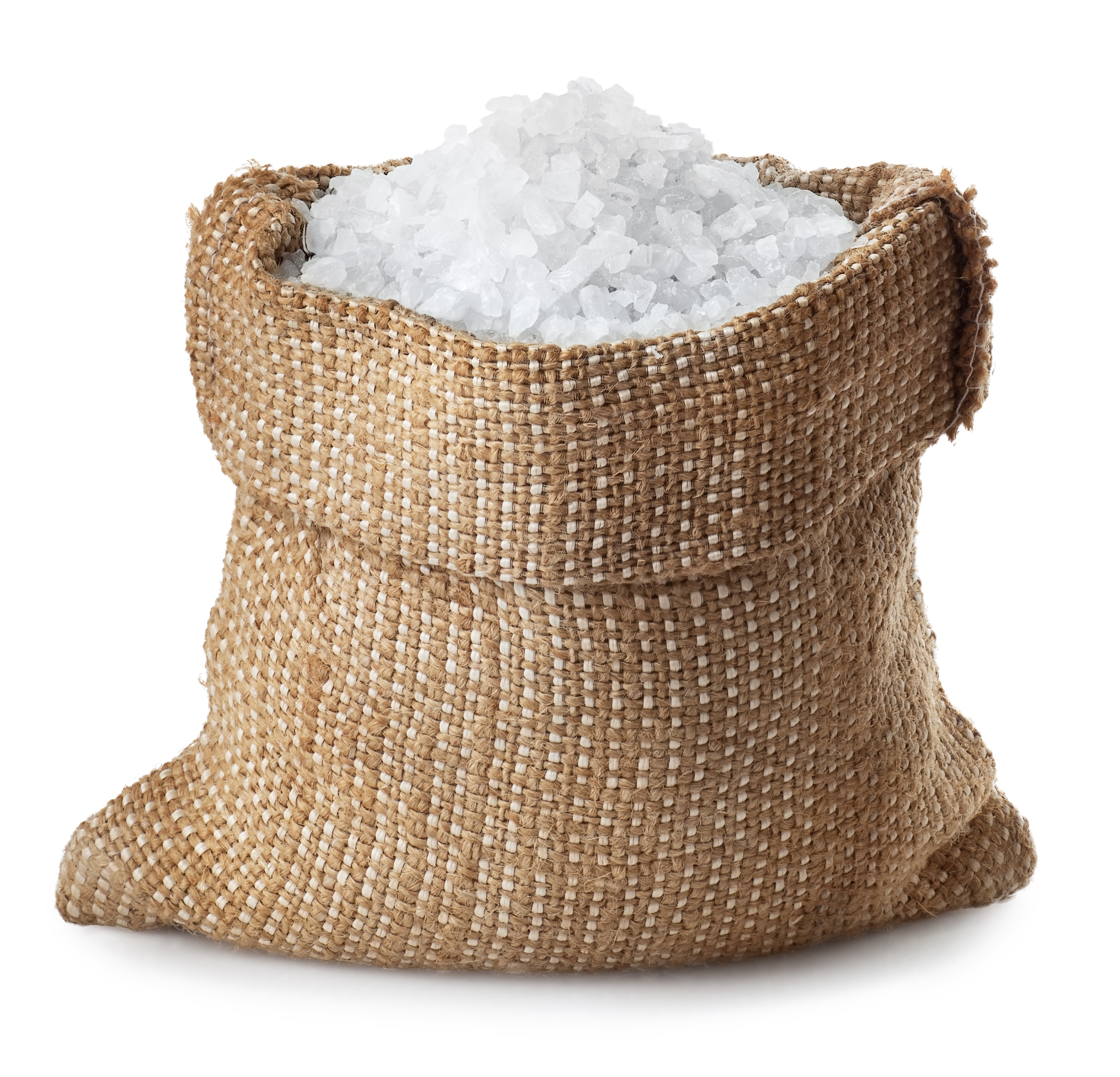
A salt-based system needs a steady supply of salt, generally pellets of sodium or potassium that has to be added regularly. The average salt system needs 40 lbs of pellets every month. Most hardware stores carry 40 lb bags and can have a wide range of costs depending on where you buy it and where you live.
On average a 40 lb bag will cost $20 to $30 dollars, costing $240 to $360 a year. There may be other costs to this as well in the time and travel to get each bag.
Tangential Costs
There are a few extra costs of a salt system that are less obvious but none-the-less something to be aware of.
Most salt-based systems require some amount of electricity, at about $10+ a year, but the inconvenience of a salt system losing power and losing it’s settings can cost you in other ways. Such as how often the system regenerates water.
A salt-based system has to flush out the calcium and magnesium that it’s collected about once every 2 to 3 days. This usually drains 50 gallons at a time, using a range of 200 to 500 gallons a month. For context, that can increase your monthly water bill by 10% to 25%, an average cost of $7 to $18 a month or $84 to $216 a year.
Lastly, the average water softener installation will cost around $1500 depending on location, house plumbing, and installation time.
Comparing Costs
So after considering the various costs of a salt system, where do we land? At the low end, with a smaller system, cheaper salt bags, and no water taste issues would cost about $720 in the first year before installation and tax, and $320 each year after. At the high end, with a nicer system, more expensive salt bags, and a carbon filter can cost $2680 in the first year before installation and tax, and $570 each year after.
A Better Solution
Here at NuvoH2O, it’s our goal to provide better water to more people for less. Our smaller system, the Home Water Softener System, costs $649 with cartridges that cost $69.99 and last up to 6 months coming in at $718.99 in the first year and only $140 every year after. The larger system with a carbon taste filter, the Manor Duo System, costs $1,499 with $135 cartridges also lasting up to 6 months, coming in at $1634.99 and costing $270 every year. All of these before installation, not counting the time saved as our cartridges can be delivered to your home if you live far away from a hardware store but can be bought at some Home Depots or Lowes across the US.
All of these calculations don’t take into account the other benefits of the NuvoH2O system being able to reverse hard water buildup, the issues salt systems cause in your garden, the potential bans on salt systems in several states, and other issues ion exchange water softeners can have.
Any homeowner with hard water needs to consider how they are going to treat it and should do careful research to avoid causing new problems and spending more money than they need to. Considering the cost of a water softening system, the cost of maintaining that system, and the tangential costs associated with that are critical to consider before making a purchase. You deserve the best water you can get, so get the best water treatment you can find.

